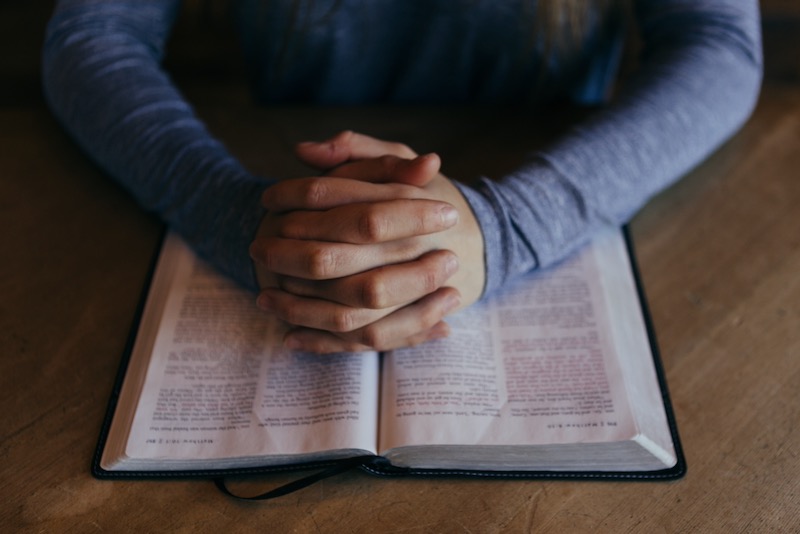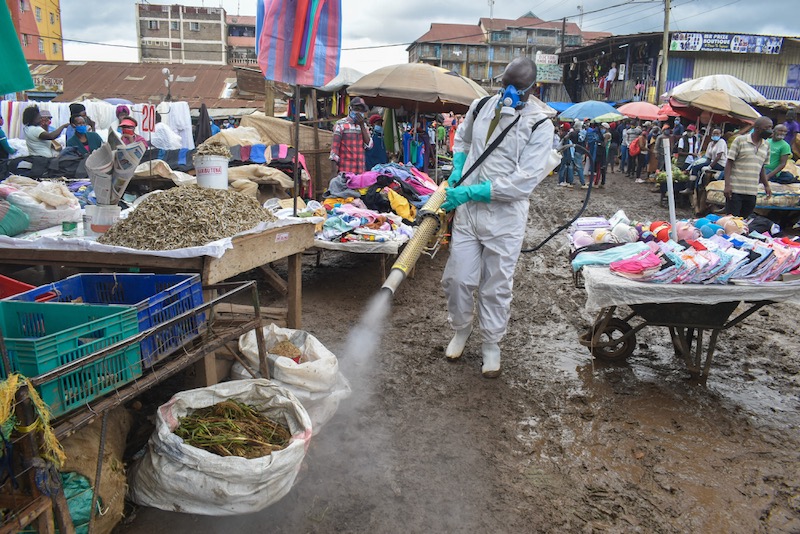Some catholic priests working in Kenya are worried that slum residents are not able to keep some of the necessary anti-coronavirus measures due to overcrowding in the settlements.
The priests fear, if the disease strikes the slums, it would spread like wildfire. Their concerns emerged as the government re-stressed distancing and lockdown measures, while citing a casual attitude among some populations, amid rising Covid-19 cases.
Deaths in Kenya yesterday reached 24, with Nairobi recording highest number of the 365 confirmed cases.
But a sharp rise in the low-income area of Kawangware and Eastleigh, an eastern neighbourhood popularly known as Little Mogadishu, is drawing the greatest concern.
“If distancing becomes the only solution for Covid-19, people in slums may be under a death sentence,” Fr Javier Gonzalez, the priest in charge of Our Lady of Guadalupe Parish in Kibera told The Tablet.
At least 2 million people – 60 per cent of Nairobi residents – live in slums like Kibera, which occupy about 5 per cent of the city’s land. Kibera has between 400,000 and 700,000 residents.
According to Fr Gonzalez, the slum is not a Covid-19 hotspot yet, but there were credible rumours that it is “highly contaminated” and that much of the information was hidden.
“In Kibera, distance is almost impossible. People are living very close in their neighbourhoods- individuals are close to each other,” said the priest adding that he frequently visits the slum, and sees how, for example, confidential conversation is almost impossible.
Duncan Mumo, a catechist at the Olympic Catholic community in the settlement said the slum set-up made it impossible for people to maintain distance.
“They only pretend to do so when they see a government officer,” said Mumo.
Fr. Andrew Wanjohi, the priest in charge of Korogocho, a parish in a slum by the same name, said the residents knew about the guidelines and would want to keep them, but meeting basic needs was their biggest priority.
“They wake up in the morning and move out in search of daily bread. Earning the daily bread is bigger for them than the guidelines,” said Wanjohi. “If the disease strikes, I fear a big tragedy. It would move like wildfire.”
In Kibera, according to Fr Gonzalez, food is always a problem. In general, the people eat little, some twice a day, others once in a day, according to the priest. The parish has been receiving food donations, much of it from the slum itself and which parish officials have distributed to the neediest. At present, after receiving more donations, the parish is reaching out to more people.
Although the slums usually face serious water scarcity, Fr. Wanjohi said there was increased water flow and buckets for hand-washing in Korogocho. Similar buckets provided by NGOs are also visible in Kibera.
At the same time, Fr Gonzalez said, what is needed is the truth about Covid-19.
“Wouldn’t it be better, with transparency about the operation and a mass-testing?” queried Gonzalez.



 Loading ...
Loading ...